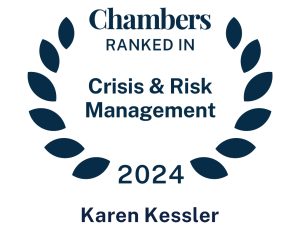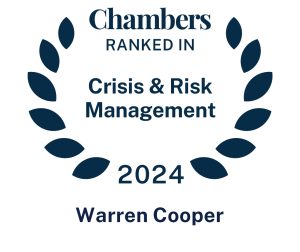Protecting your reputation online is just as important as protecting it in the “real world.” It’s still your reputation. With just a few clicks, a potential employer, landlord, even friends and family can find your personal information, view your employment history, and track your social media activity. Fairly or unfairly, this information can and will be used to make decisions about you. For that reason, knowing how to protect your online reputation is crucial.
First, use discretion when choosing to post. Ask yourself if you would be comfortable with your grandmother seeing it (or your spouse, or children, or a future boss). If not, it’s probably best to keep it to yourself. A corollary here is to avoid posting anything when you are tired, high, angry, or distracted. Once you post something online, it’s there for the long term. Think like a carpenter: measure twice, cut once. It’s better to be cautious and careful than impetuous and regretful.
How to Protect Your Online Reputation Beyond Simple Discretion
Use Google Alerts or another service to monitor your name and other keywords. In addition, consider tracking alerts for your children, spouse (even former spouse), business partner, etc. You’ll quickly be aware of potentially harmful information posted online. Knowing what’s out there can help you avoid being blindsided by questions and concerns raised by others.
Similarly, if you find incorrect, potentially harmful information about yourself online, you can try to have it removed. Contact the website where the information is posted and ask them to take it down. (This won’t prevent a screenshot of the material from appearing elsewhere, but it’s a start.) If they refuse, you can file a complaint with the Federal Trade Commission.
Protect Your Passwords & Be Skeptical
To protect your accounts from being hacked, use strong passwords and change them regularly. Be aware of phishing and other scam emails or text messages that appear to be from a legitimate source, such as your bank or credit card company. These emails or text messages will often ask you to provide personal information, such as your password or credit card number. Legitimate sources won’t ask you to do that in a text message or email. By all means, never call a number they provide to “confirm” the message’s legitimacy. Finally, do not click on any links or provide any personal information in response to a phishing scam. While emails from a “Nigerian prince” offering half a fortune for help retrieving the rest have become laughable, that scam has spawned much more sophisticated schemes.
Be skeptical. A request from your boss that seems unusual probably isn’t real – even if it appears to come from his or her actual email address.
Gatekeep Access to Your Information
Most social media platforms allow you to control who can see your posts and information. We paranoid folks at Kessler PR Group make our privacy settings as restrictive as possible. Naturally, we think you should, too. Backlash to a controversial post can be swift, vicious, and relentless. If you tend to be an active user of social media and engage vigorously with outlandish posts uploaded by others, consider creating a social media profile using a pseudonym rather than using your real name. However, ensure that you never cross-pollinate posts or information between that profile and one with your name on it.
Conclusion
By following these tips, you can demonstrate that you know how to protect your online reputation and ensure that you’re presenting the best possible image of yourself to the world. And you might just avoid needing to hire us to help you rebuild it later.










